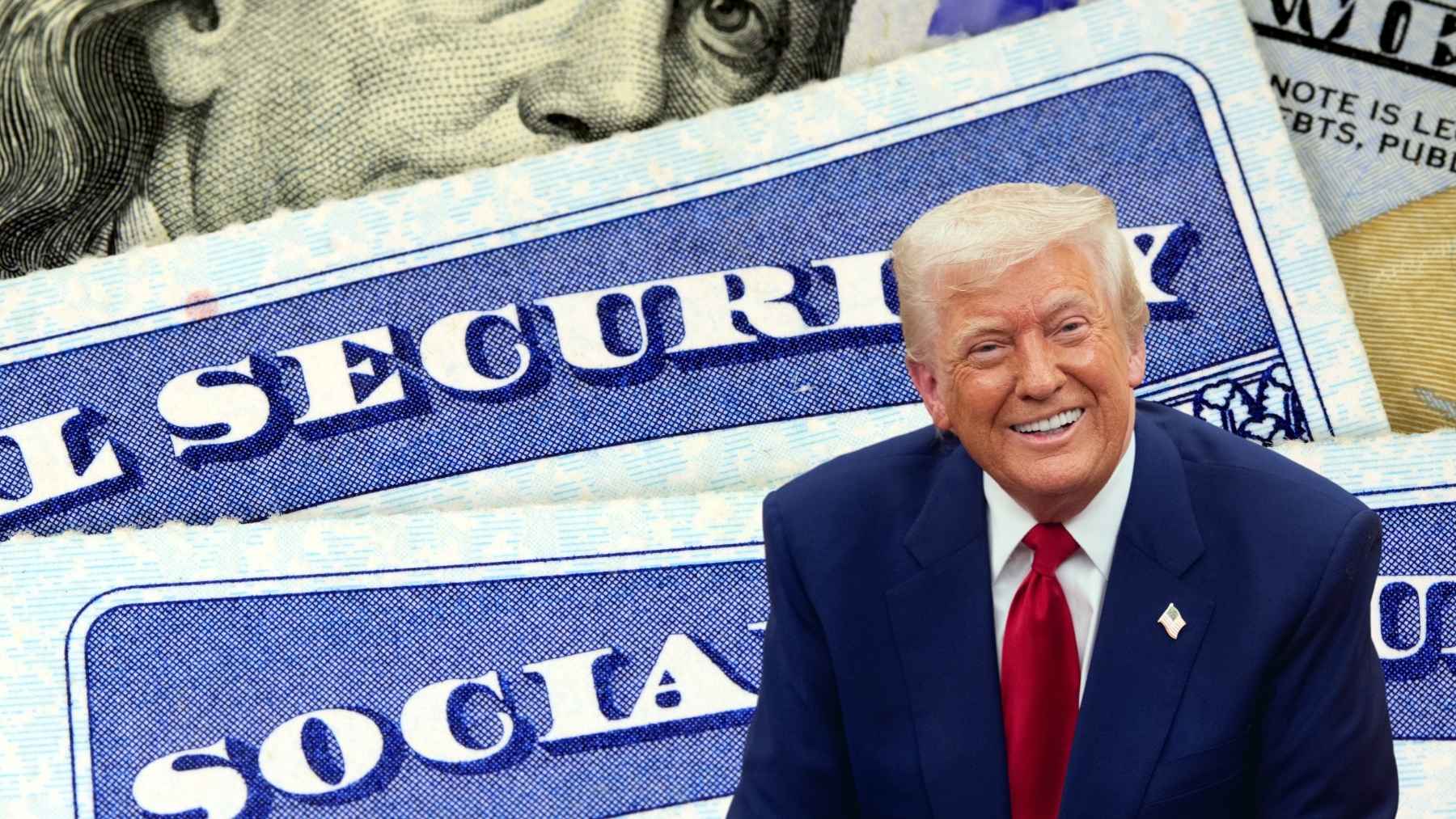The Social Security system has undergone a series of changes as a result of the Trump Administration. These changes aimed to address department inefficiencies, decrease fraud and improve accessibility. These changes have sparked optimism as well as concern amongst retirees. Social Security is a financial backbone for millions of Americans, and it is important to understand these changes to plan for a secure financial future.
Major Changes Under Trump
There have been several significant changes that have been implemented, and this is changing how Social Security operates. Here are the most important updates:
Social Security Fairness Act
The Trump administration has sped up the implementation of the Social Security Fairness Act, which eliminates the Windfall Elimination Provision (WEP) and Government Pension Offset (GPO). These provisions previously reduced benefits for certain individuals. This specific change benefits over 3.2 million retirees, who will receive retroactive payments and increased monthly benefits.
Department of Government Efficiency (DOGE)
President Donald Trump had established the DOGE to fast-track government operations and reduce wasteful spending. As part of this initiative, the Social Security Administration (SSA) has reduced staff in many offices and identified cost-saving measures, including office closures as well as technology upgrades.
Overpayment Recovery Policy
The SSA has also implemented a policy to recover payments by withholding 100% monthly benefits. Even though this specific change aims to save billions, it does rain many concerns for those who are facing financial hardship.
Office Closures and Staffing Cuts
Under the DOGE, the SSA has also reduced staff and closed many Social Security offices. This has raised many concerns about the accessibility for vulnerable populations.
Elimination of Paper Checks
Another major change was the mitigation of paper checks and the movement to electronic payments. This will be effective in September 2025. This specific change is meant to reduce the costs as well as the fraud within the department. However, this may be difficult for those individuals who do not have access to digital systems.
In-Person Identity Verification
As of April 2025, individuals will now be required to verify their identity in person or via the SSA’s online system. Over the phone verification process has been replaced and this is aimed at improving the security within the SSA.
Positive Impacts for Retirees
- The Social Security Fairness Act has increased benefits for millions of beneficiaries, and this reduces the financial burden on many.
- The DOGE’s idea to improve operations will potentially decrease wait times and improve the efficiency of services
- The improvement of identity verification measures as well as electronic payments aims to safeguard individuals’ identity and their benefits.
Challenges and Concerns
- The withholding of benefits to recover overpayment could pose a financial strain on retirees until overpayments are fully repaid.
- The closure of offices and the new verification requirements may pose accessibility issues for vulnerable populations.
- The change to electronic payments may disadvantage those without internet access or knowledge about online systems.
What Retirees Should Do
In order to navigate these changes, retirees can take these few steps to protect their financial future:
- Retirees must review their benefits to check for any discrepancies.
- Ensure that they stay informed and updated regarding any changes to Social Security.
- Consult a financial advisor for any assistance that they require regarding financial related matters.
Conclusion
It can be noted that the Trump administration’s Social Security changes highlight a combination of both progress and criticism. Even though there are efforts to improve benefits and efficiency within the department, the stricter policies impose accessibility issues.
It is important for beneficiaries to stay informed and take proactive steps to ensure their financial stability while navigating through these changes.

